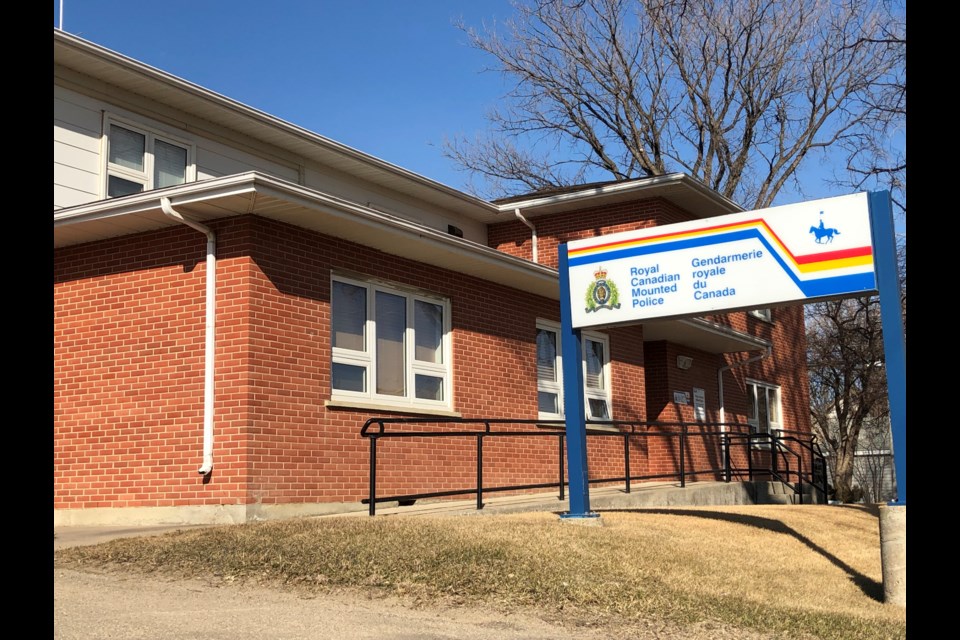As part of Saskatchewan Violence Prevention Week (Nov. 28th – Dec. 4th), the Saskatchewan RCMP are highlighting their participation in The Interpersonal Violence Disclosure Protocol.
Clare’s Law, officially The Interpersonal Violence Disclosure Protocol, is named for Clare Wood, who was murdered by her ex-boyfriend in England. Her ex had a long history of violence toward his partners and was well known to police. An inquest found that many failures contributed to Clare’s death, but privacy laws also kept her ignorant of her ex-boyfriend’s past.
Clare’s Law has two parts. First, the “right to ask” is the right of applicants to ask if a potential or current intimate partner has a history of violence or abuse. The “right to ask” can also be triggered by a third party concerned that someone close to them may be at risk of intimate-partner violence.
Second, the “right to know” enables police to proactively warn potential victims.
Saskatchewan, which has the highest per capita cases of domestic violence among the provinces, was the first province to implement Clare’s Law. It came into effect in Saskatchewan on June 29, 2020.
When the law was implemented, Don Morgan, then Justice Minister and Attorney General of Saskatchewan, said “We are proud to be the first jurisdiction in Canada to enact Clare’s Law legislation and look forward to other provinces doing the same. If this legislation helps protect even just one person, it’s a success.”
Although other police services in Saskatchewan immediately began participating in the protocol, the RCMP were initially unable to participate because they are a federal force subject to federal privacy laws.
The RCMP announced on March 31, 2021 that, following necessary changes to federal regulations, they were “very pleased to announce (their) participation in Clare’s Law.”
“We have been working persistently towards this day for over 10 months, to ensure the people in the communities we police in Saskatchewan are able to exercise their right to ask and participate in Clare’s Law,” said C/Supt. Alfredo Bangloy, Acting Commanding Officer of the Saskatchewan RCMP, at that time.
Municipal police and RCMP officers make every effort to ensure that receiving the request and conveying relevant information to potential victims is done safely. This may include meeting with applicants in discreet locations.
If you have concerns about an intimate partner, or if you are concerned about someone close to you, you can call or text ‘211’, or go to www.facetheissue.ca to find information, resources, and support.




